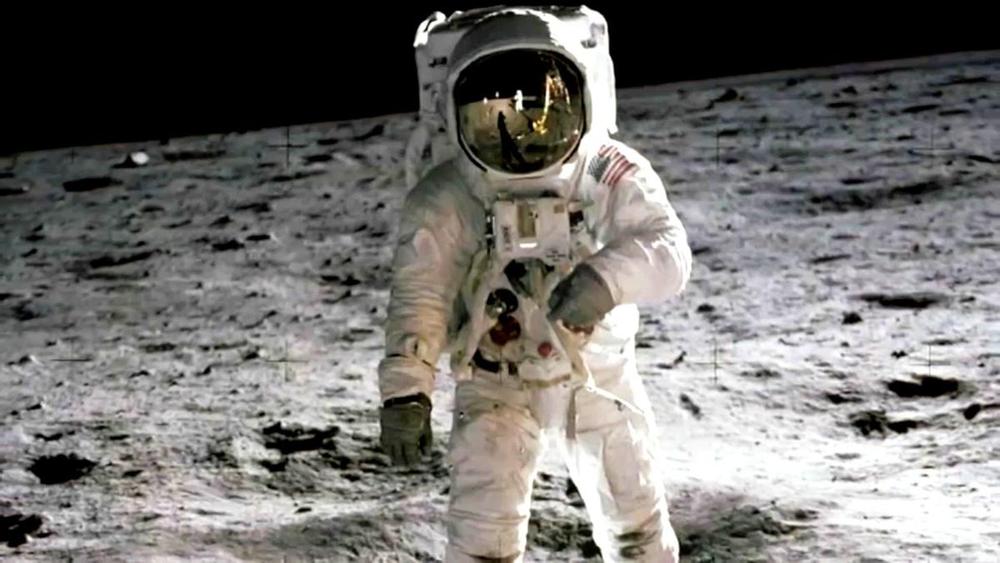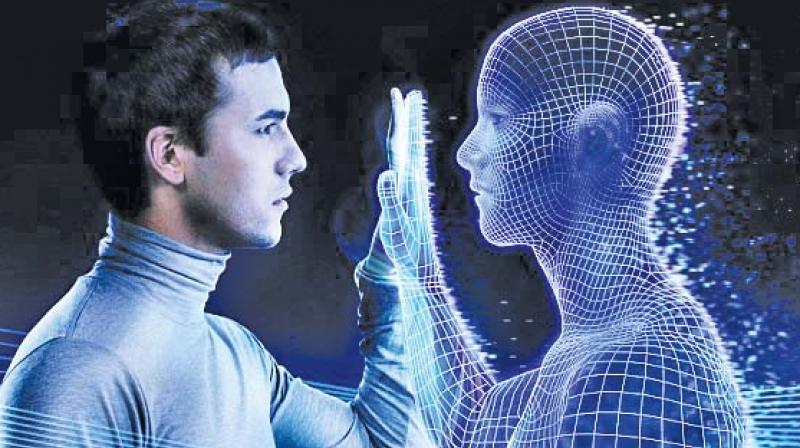We (TIRIAS Research) recently had an opportunity to evaluate the latest Jetson platform from Nvidia. At just 45mm x 70mm the Jetson Nano is the smallest Artificial Intelligence (AI) platform form factor Nvidia has produced to date. The Jetson Nano is powered by the Tegra X1 SoC, which features quad 1.43 GHz Cortex-A57 CPU cores and the 128-core Maxwell GPU. The Jetson Nano also uses the same Jetpack Software Development Kit (SDK) as the other Jetson platforms, the TX2 and AGX Xavier, allowing for cross platform development. For only $99, plus a little extra for accessories, the Jetson Nano is an amazing platform.
In addition to the Tegra X1 SoC, the Nano developer kit comes configured with 4GB of LPDDR4 memory and plenty on I/O options, including a MIPI CSI connector, four USB 3.0 Type-A ports, one USB 2.0 Micro-B, one gigabit ethernet port, and 40 GPIO pins. The Nano is capable of driving dual displays through single DisplayPort and HDMI ports, it has an microSD card slot for storage, and a somewhat hidden M.2 Key E connection for expansion modules/daughter cards for optional functions like wireless connectivity. The Jetson Nano developer kit comes with a sizable heatsink for passive cooling, but has holes drilled for add-on fans. For our evaluation, we used a Noctua NF-A4x20 5V PWM fan and a Raspberry Pi MIPI Camera Module v2 from RS Components and Allied Electronics.
For development software, the Nano runs an Ubuntu Linux OS and uses the Jetpack SDK, which supports Nvidia’s CUDA developer environment, as well as other common AI frameworks, such as TensorRT, VisionWorks, and OpenCV.







 ‘It was mesmerizing to watch her stop’: Four-year-old girl with a rare disease is captivated by a beauty advertisement featuring a model in a wheelchair — just like her own
‘It was mesmerizing to watch her stop’: Four-year-old girl with a rare disease is captivated by a beauty advertisement featuring a model in a wheelchair — just like her own